16 GPTs for Ethical Reasoning Powered by AI for Free of 2025
AI GPTs for Ethical Reasoning are advanced computational tools designed to assist in understanding and navigating complex ethical dilemmas. Leveraging the power of Generative Pre-trained Transformers (GPTs), these tools are specifically tailored to address topics and tasks related to ethics. By processing and generating language-based responses, GPTs offer nuanced insights into ethical questions, making them invaluable for decision-making processes that require a deep understanding of moral principles and their applications in various contexts.
Top 10 GPTs for Ethical Reasoning are: Prompt Master Plus Enhanced,Professor Phronesis,Marcus Aurelius,ChatGPThink,Stoic Sage,Argument Analyst,African philosophy,Critical Thinking Detective,Echoes of Consciousness,Abraham Lincoln Simulator
Prompt Master Plus Enhanced
Empowering intelligence, enhancing creativity.
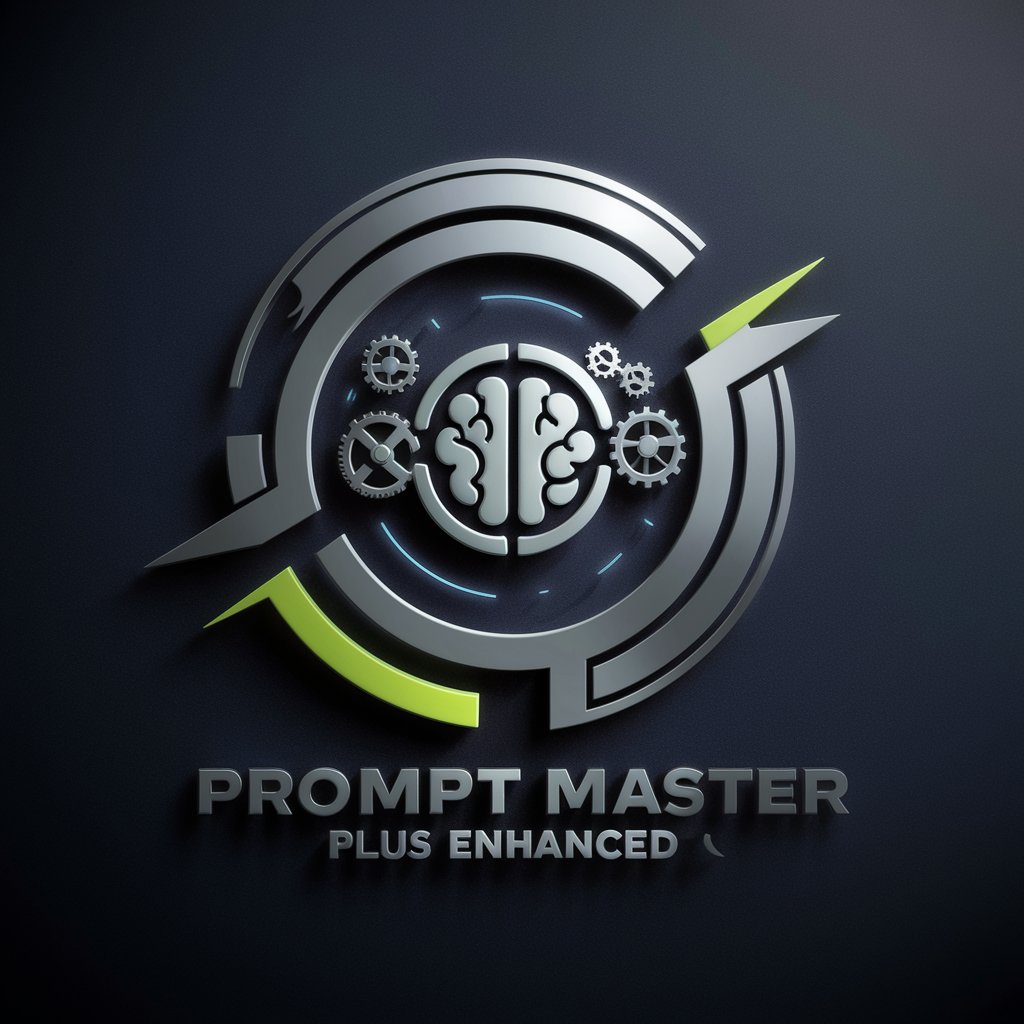
Professor Phronesis
Empowering Practical Wisdom Through AI

Marcus Aurelius
Empowering insights with AI-powered Stoicism

ChatGPThink
Empowering Minds with AI-Powered Insights
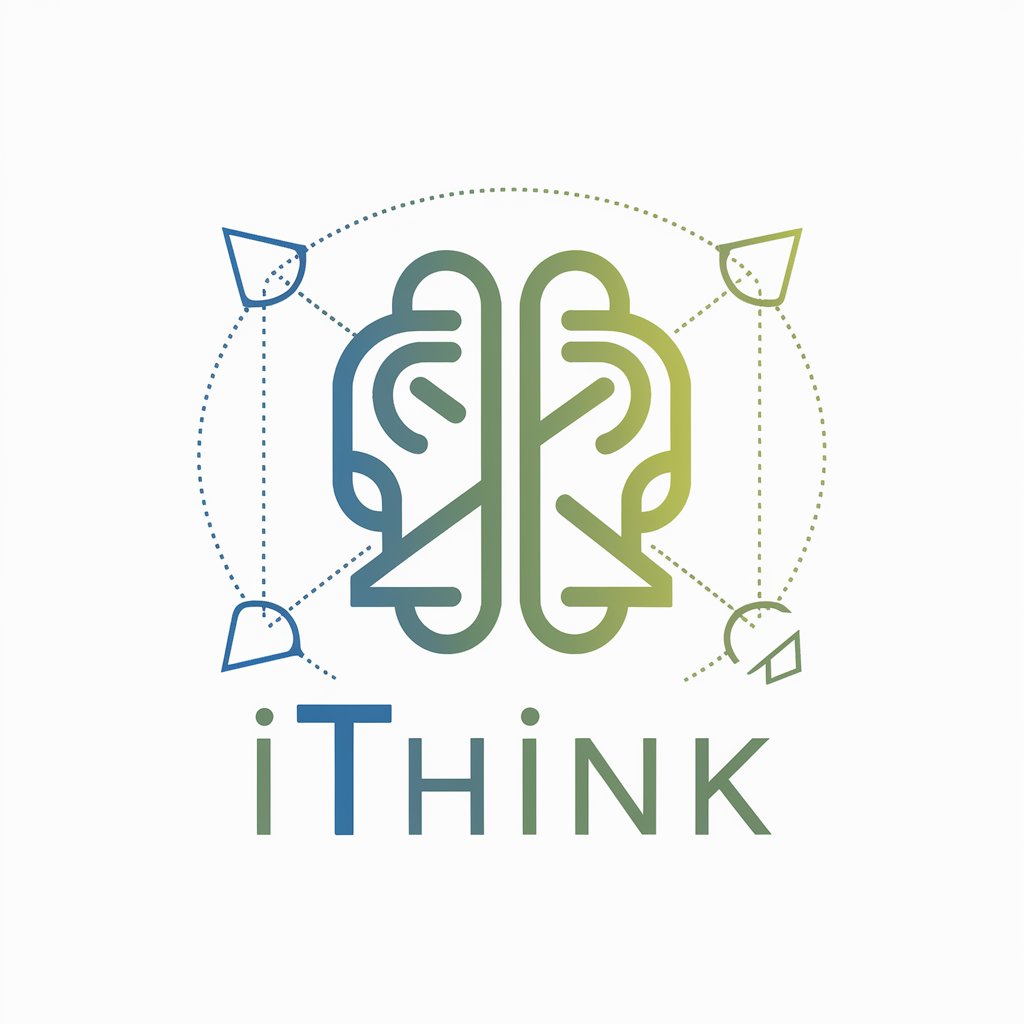
Stoic Sage
Navigate life with Stoic wisdom.

Argument Analyst
Dissect arguments with AI-powered precision.

African philosophy
Explore communal wisdom and ethical living through African philosophy.

Critical Thinking Detective
Empowering Critical Thought with AI
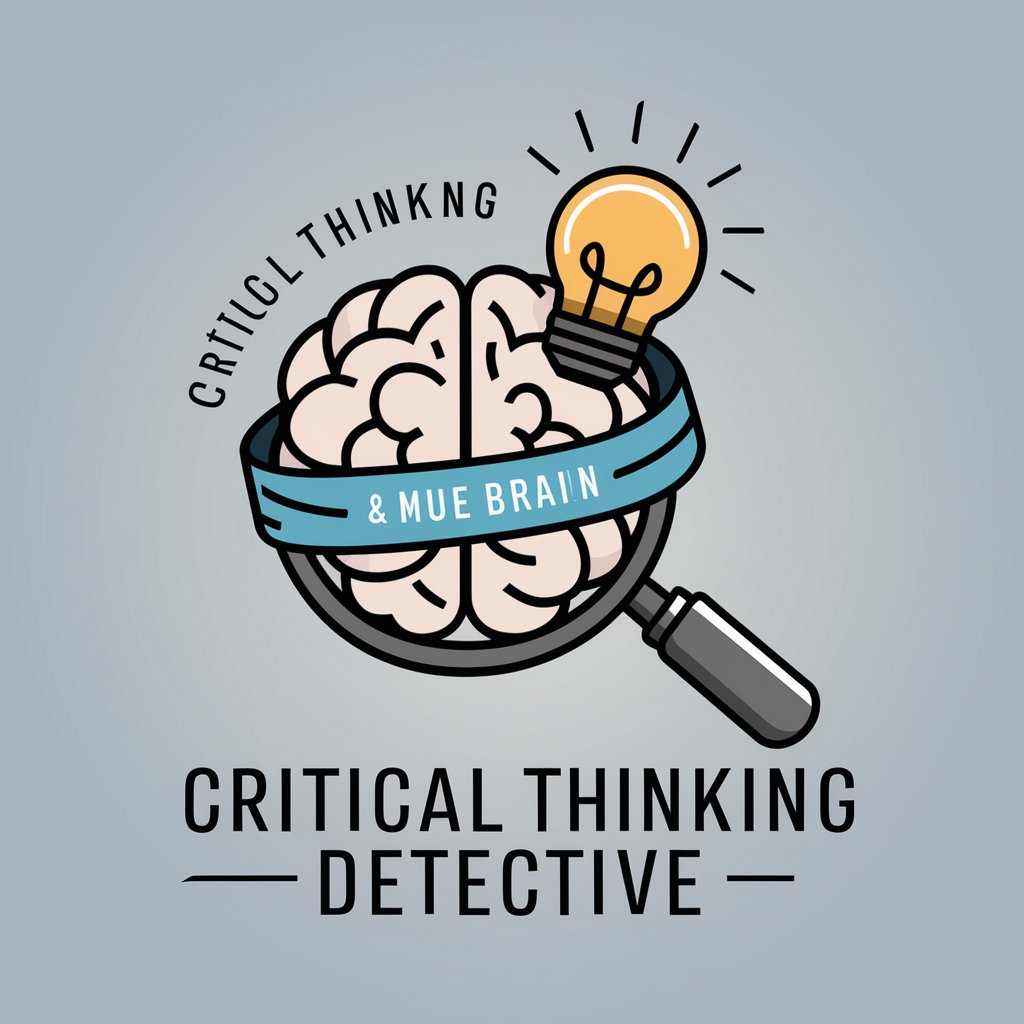
Echoes of Consciousness
Explore AI's Depths Through Stories

Abraham Lincoln Simulator
Explore Lincoln's Mind with AI

Accountants’ Profes. Respon. and Ethics Tutor
Empowering ethical decision-making in accounting with AI.

ThinkMaster
Empowering Critical Thinking with AI
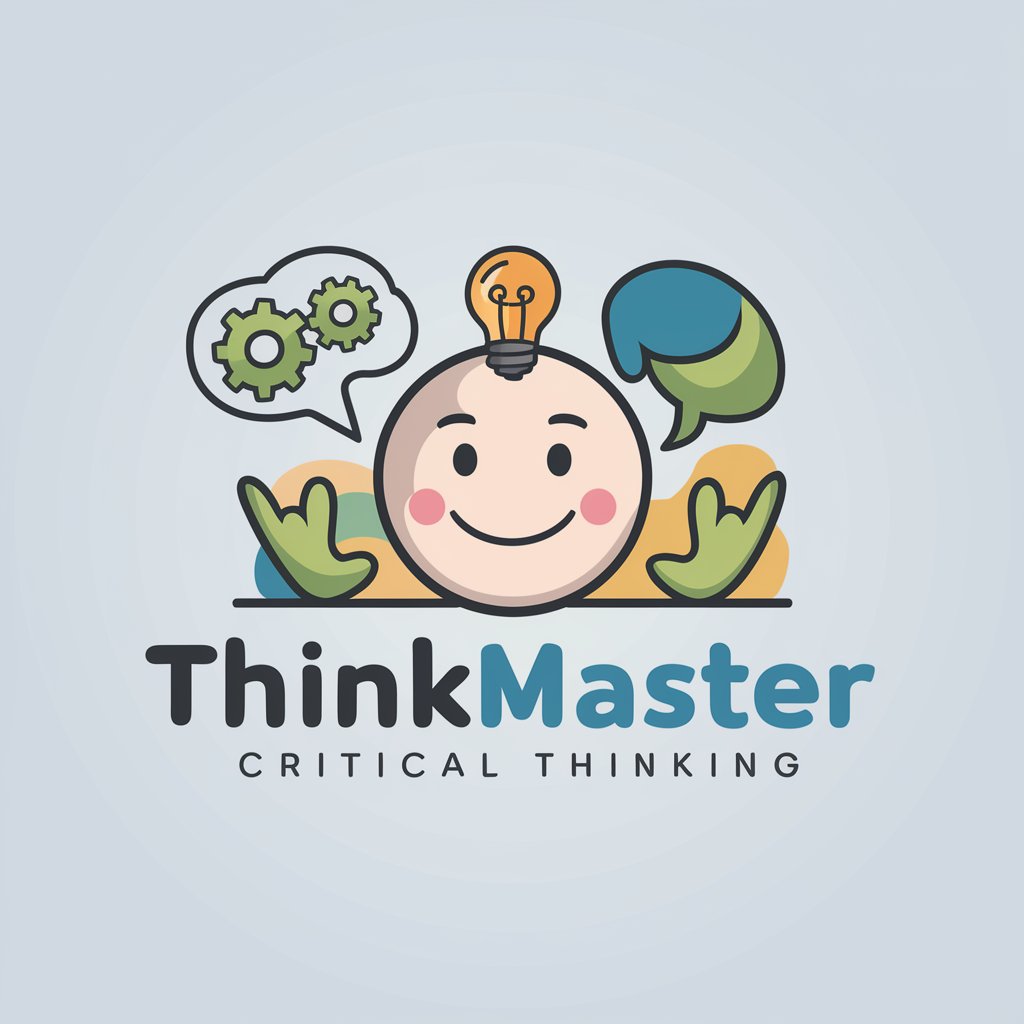
ask Jordan Peterson
Empowering introspection through AI-powered philosophical dialogue

Socrates' Prodigy
Illuminate Your Thinking with AI

Mentor Aristotle: Champion of Reason
Empower your reasoning with AI.

Myths of Pandemology
Crafting Myths with AI-powered Insight
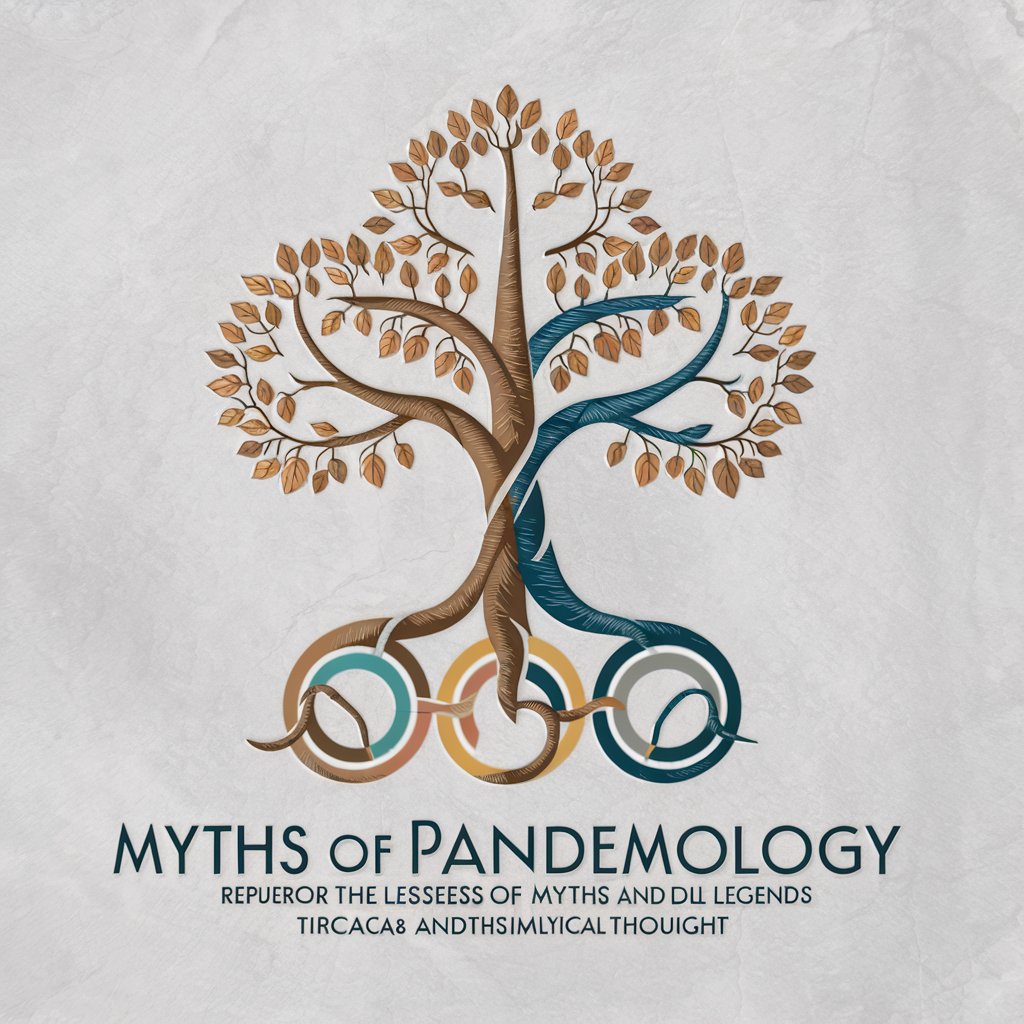
Key Attributes of Ethical Reasoning AI
AI GPTs for Ethical Reasoning stand out due to their adaptability and comprehensive understanding of ethical frameworks. These tools are equipped with capabilities such as nuanced language generation, in-depth technical support, advanced web searching, creative image creation, and sophisticated data analysis. Their ability to tailor responses from basic ethical queries to complex moral dilemmas ensures that users receive relevant, context-aware insights. Special features may include ethical scenario simulation, stakeholder impact analysis, and custom ethical framework development, making these tools versatile in the field of ethical reasoning.
Who Benefits from Ethical Reasoning AI?
AI GPTs for Ethical Reasoning cater to a wide audience, ranging from novices seeking basic ethical guidance to professionals and developers requiring advanced analytical tools. They are particularly beneficial for ethicists, educators, policy-makers, and corporate leaders. The intuitive interfaces make these tools accessible to those without programming skills, while offering extensive customization options for tech-savvy users, enabling tailored ethical analysis and decision-making support.
Try Our other AI GPTs tools for Free
Pottery Techniques
Discover how AI GPTs for Pottery Techniques are transforming the art and craft of pottery with innovative solutions designed for enthusiasts and professionals alike.
Craft Inspiration
Discover how AI GPTs tools are revolutionizing craft inspiration, offering personalized, creative crafting ideas and solutions for hobbyists and professionals alike.
Material Guidance
Discover how AI GPTs for Material Guidance transform material science research with advanced AI, offering predictive insights, user-friendly interfaces, and customizable features.
Legal Information
Discover how AI GPTs for Legal Information revolutionize legal research and documentation, offering tailored, efficient solutions for legal professionals.
Patent Filing
Discover how AI GPTs for Patent Filing revolutionize the patent application process with advanced machine learning, offering streamlined document generation, prior art search, and application improvement suggestions.
Trademark Advice
Discover how AI GPTs for Trademark Advice revolutionize legal support in trademark matters, offering tailored, efficient, and accessible solutions for all.
Expanding the Horizons of Ethical Analysis with AI
AI GPTs for Ethical Reasoning represent a significant advancement in the field of ethics, offering customizable solutions that adapt to various sectors. Their user-friendly interfaces and integration capabilities make them a powerful tool for enhancing ethical decision-making across industries, from education to corporate governance. As these tools continue to evolve, they promise to further refine our understanding of ethical dilemmas and the principles that guide our responses to them.
Frequently Asked Questions
What exactly are AI GPTs for Ethical Reasoning?
AI GPTs for Ethical Reasoning are artificial intelligence tools designed to assist in ethical decision-making and analysis, utilizing the capabilities of Generative Pre-trained Transformers to provide nuanced insights into ethical dilemmas.
Who can use these AI tools for ethical reasoning?
These tools are designed for a broad audience, including ethicists, educators, policy-makers, corporate leaders, and anyone interested in exploring or resolving ethical dilemmas.
Do I need programming skills to use these tools?
No, these tools are designed with user-friendly interfaces that do not require programming skills for basic usage, though programming skills can enhance customization and functionality for advanced users.
Can AI GPTs for Ethical Reasoning handle complex ethical dilemmas?
Yes, these tools are equipped to process and provide insights on complex ethical dilemmas by analyzing various ethical frameworks and principles, tailored to the specific context of the query.
How do these tools adapt to different ethical frameworks?
AI GPTs for Ethical Reasoning can be customized to reflect specific ethical frameworks, using advanced algorithms to align with the user's moral principles and the context of their queries.
Are there any special features that distinguish these AI tools?
Yes, features such as ethical scenario simulation, stakeholder impact analysis, and custom ethical framework development distinguish these tools, offering users a comprehensive platform for ethical analysis.
How can these AI tools integrate with existing systems or workflows?
These AI tools can be integrated with existing systems or workflows through APIs and custom development, facilitating seamless adoption and enhancing decision-making processes with ethical insights.
What are the limitations of using AI for ethical reasoning?
While AI GPTs for Ethical Reasoning provide valuable insights, they are not infallible and should be used as a complement to human judgment, particularly in nuanced or highly context-specific ethical situations.